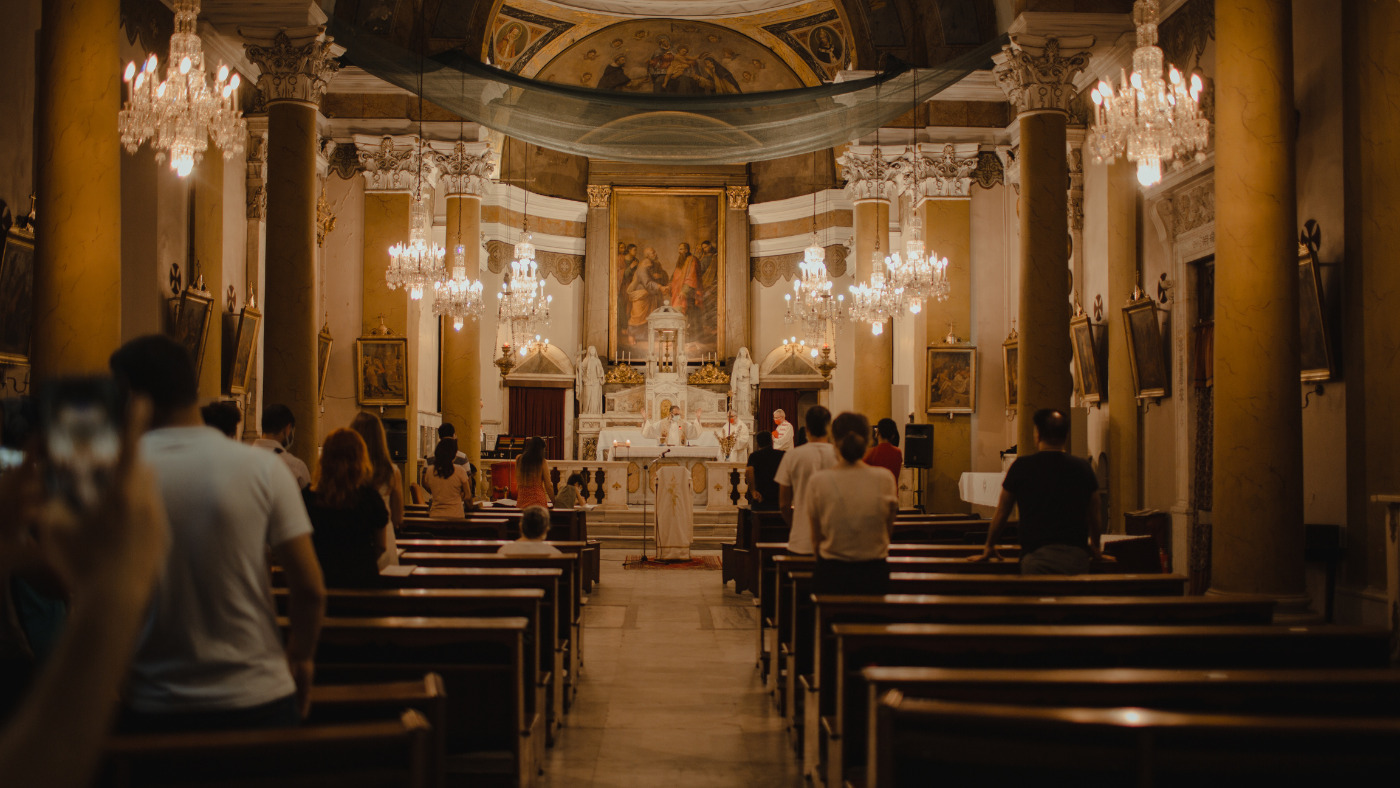Are you getting married in Brazil? Where do I start? What are the documents and rules? If these are your questions, this complete guide is made for you. Brazil, with its vibrant culture and stunning landscapes, is an increasingly popular destination for couples of different nationalities who wish to formalize their union. The process, although detailed, is straightforward and accessible, whether for a marriage between a foreigner and a Brazilian citizen, or even between two foreigners on Brazilian soil.
This article will serve as a detailed step-by-step guide to ensure you find all the necessary information for a smooth and legally valid civil marriage in Brazil.
Overview and Essential Requirements
Before diving into the list of documents and the step-by-step process, it’s important to understand the pillars of the marriage process for foreigners in Brazil:
- Applicable Legislation: Civil marriage in Brazil is governed by the Brazilian Civil Code, and the same rights and duties apply to Brazilians and foreigners, including same-sex couples, who have their right to marriage guaranteed throughout the national territory.
- Visa: One of the great advantages is that the foreigner does not need a specific visa to get married in Brazil. It is perfectly possible to start the process and get married with a tourist visa, as long as it remains valid throughout the qualification process and the ceremony.
- Translation and Legalization of Documents: All documents issued outside Brazil must undergo a validation process to have legal effect in the country. This involves the Hague Apostille (for countries that are signatories to the convention) or consular legalization, followed by a sworn translation into Portuguese.
Step-by-Step Guide to Civil Marriage in Brazil
The civil marriage process in Brazil for foreigners can be divided into three main phases: preparing the documentation in the country of origin, the qualification process at the Brazilian registry office, and the marriage celebration.
Phase 1: Preparing Documentation in Your Country of Origin
This is the initial and crucial phase, which should be planned in advance. The required documentation varies according to the foreign groom’s (or bride’s) marital status.
Essential Documents for All Foreigners:
- Birth Certificate: Original and recent.
- Declaration of Marital Status (Certificate of Singleness): A document proving there are no impediments to marriage. This can be issued by a competent authority in your country or by your country’s consulate in Brazil.
- Valid Passport: With the entry stamp into Brazil and valid visa (if applicable).
- Proof of Residence: Although marriage can occur with a tourist visa, some registry offices may request a declaration of residence, even if temporary, in Brazil.
For Divorced Foreigners, Add:
- Marriage Certificate with Divorce Annotation: The original certificate of the previous marriage with the official divorce notation. The divorce decree may also be requested.
For Widowed Foreigners, Add:
- Marriage Certificate from the Previous Marriage.
- Death Certificate of the Deceased Spouse.
The Document Validation Process (Apostille and Translation):
- Hague Apostille or Consular Legalization:
- If your country is a signatory to the Hague Convention: You must request the “Hague Apostille” from the competent authority in your country. The apostille is a seal that authenticates the document’s origin.
- If your country is not a signatory: The documents must be legalized by the Brazilian Consulate in your country of origin.
- Sworn Translation: Upon arriving in Brazil, all documents in a foreign language must be translated into Portuguese by a sworn public translator. The list of translators can be found on the website of the Commercial Board of each Brazilian state.
- Registration at the Registry of Titles and Documents: With the sworn translation in hand, the original documents (apostilled/legalized) and their respective translations must be registered at a Registry of Titles and Documents. This step provides publicity and legal validity to the documents in Brazil.
Phase 2: The Qualification Process at the Civil Registry Office
With all foreign documentation properly validated and the Brazilian spouse’s documents in hand (if applicable), the next step is to initiate the marriage qualification process at the Civil Registry Office in the city where you reside or where you wish to get married.
- Presentation of Documents: The couple, accompanied by two witnesses over 18 years old (carrying identification documents), must present all the mentioned documentation to the registry office.
- Choice of Property Regime: At this point, the couple must define the property regime that will govern the union. The most common regimes are:
- Partial Community of Property: The standard regime, in which assets acquired during the marriage are divided equally.
- Universal Community of Property: All assets, present and future, belong to both spouses.
- Total Separation of Property: Each spouse maintains their individual assets.
- Participation in Final Acquisitions: A mixed regime.
- For regimes other than partial community, it is necessary to draw up a prenuptial agreement at a Notary Public.
- Publication of the Proclamation: After analyzing and approving the documentation, the registry office will publish the marriage proclamation in a local newspaper or on its bulletin board. This is a formal act to publicize the upcoming marriage and allow any legal impediment to be raised.
- Issuance of the Qualification Certificate: After the legal period (usually 15 days) without impediments, the registry office will issue the Qualification Certificate, which authorizes the couple to marry within 90 days.
Phase 3: The Celebration and Registration of the Marriage
With the Qualification Certificate in hand, the couple can schedule the date and time of the civil marriage ceremony, which can be held at the registry office itself or at a location of their choice (with the presence of a justice of the peace).
After the ceremony, the Marriage Certificate is issued, officially recognizing the union under Brazilian law.
Property Regimes in Brazilian Marriages
A critical aspect of marriage registration is selecting a property regime, which dictates asset division and is enshrined in Articles 1.639 to 1.688 of the Civil Code. Couples must choose during qualification, with non-standard regimes requiring a prenuptial agreement notarized at a Tabelionato de Notas.
- Partial Community of Property (Default): Assets acquired after marriage are shared equally, while pre-marital property remains individual. Ideal for most couples, it balances protection without complexity.
- Universal Community of Property: All assets, including those owned before marriage and future inheritances, become joint. Requires explicit agreement and is common for couples seeking full integration.
- Total Separation of Property: Each spouse retains full control over their assets, with no sharing even post-marriage. Often chosen by professionals or those with significant pre-existing wealth; mandatory for those over 70 (Article 1.641).
- Participation in Final Acquisitions: Assets remain separate during marriage but are equally divided upon dissolution, accounting for individual contributions. A hybrid option for equitable but flexible arrangements.
Foreign couples should consider international implications, such as how the chosen regime interacts with home country laws under private international law principles (e.g., LINDB – Law of Introduction to Brazilian Law Norms).
Marriage Between Two Foreigners in Brazil
The process for marriage between two foreigners in Brazil is essentially the same. Both grooms must present documentation from their respective countries of origin, properly apostilled or legalized, translated by a sworn translator, and registered at the Registry of Titles and Documents.
After the Marriage: Next Steps
For the foreign spouse marrying a Brazilian citizen, the marriage opens the possibility of applying for a Residence Authorization in Brazil based on family reunification. The application must be made to the Federal Police, presenting the Marriage Certificate and other requested documents. This authorization allows the foreigner to live and work legally in the country.
Practical Tips for a Stress-Free Process
- Plan Ahead: The process of obtaining and validating documents can be time-consuming. Start at least 6 months in advance.
- Consult the Registry Office: Before starting the process, contact the Civil Registry Office where you intend to get married to confirm the list of documents and specific procedures, as there may be slight variations.
- Hire Professionals: Consider the help of a lawyer specialized in immigration law or a wedding advisory service to ensure all steps are followed correctly.
- Pay Attention to Deadlines: Be mindful of the tourist visa’s validity and the 90-day deadline of the Qualification Certificate.
Getting married in Brazil as a foreigner is a totally achievable dream. With organization and by following the steps in this guide, you will be well prepared to celebrate love and start a new life in one of the world’s most welcoming countries.







